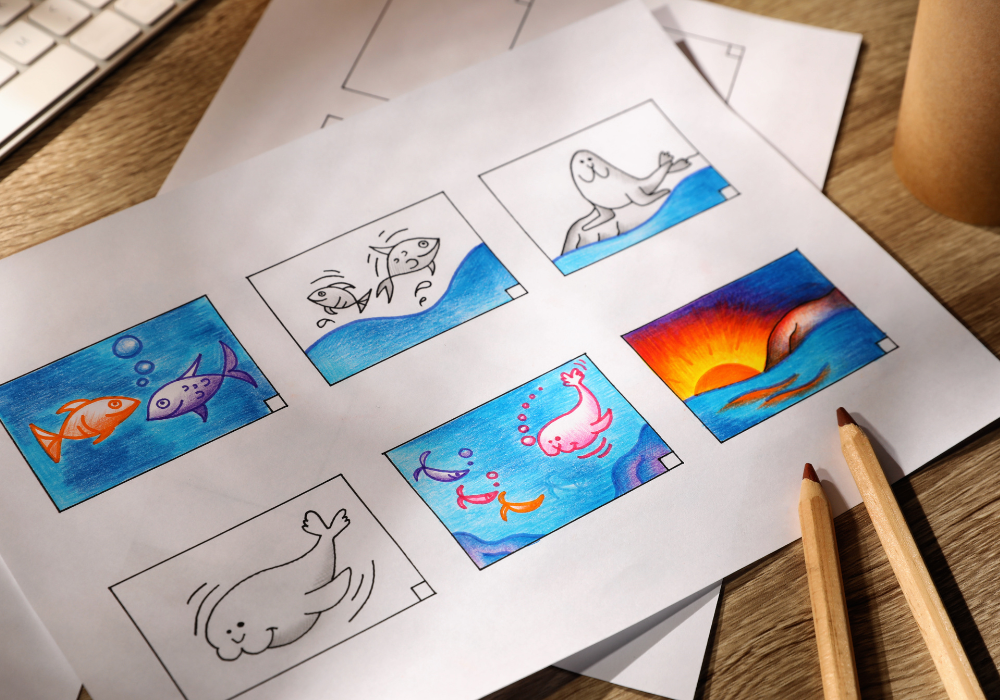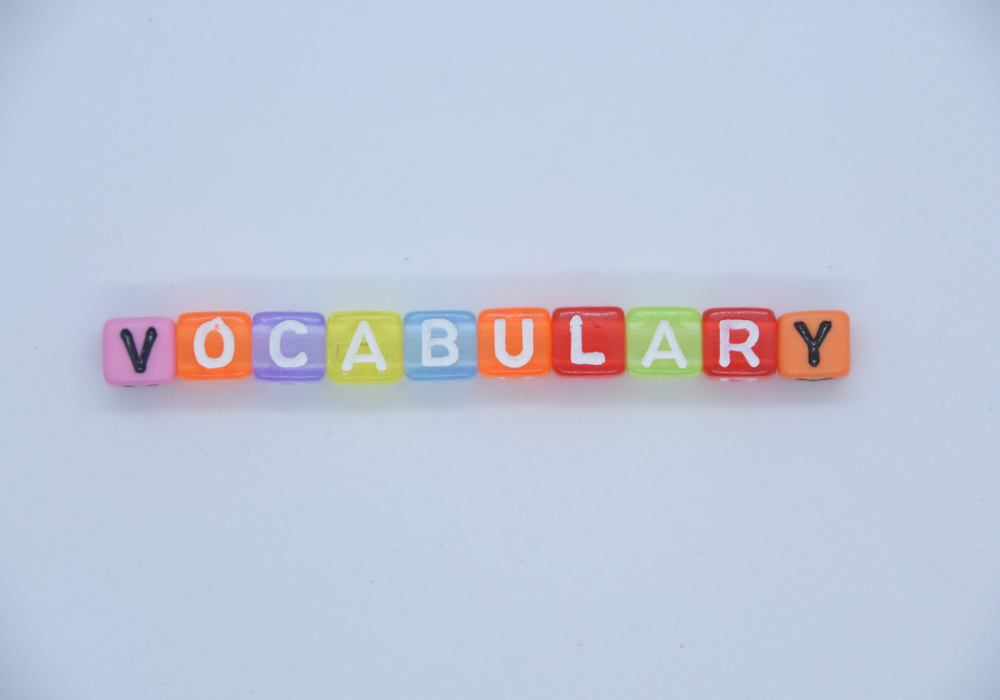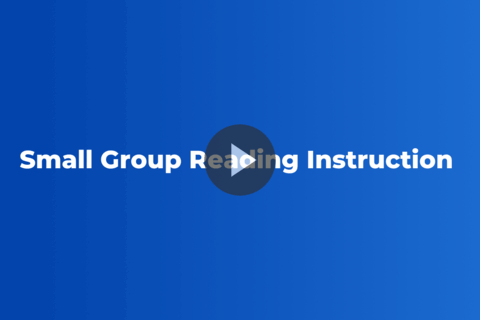Best Practices
Discover our Best Practices resources and guides to uncover how ThinkCERCA can support you in achieving your literacy goals.
Writing

Best Practices: Research Toolkit
Writing
Building a habit of locating, evaluating, and using credible sources.
View →
Compare Writing
Writing
Comparing texts is a powerful tool for reading and writing skill development.
View →
What's RIGHT in Writing
Writing
Support student writing and growth by highlighting strengths with a rubric and providing next-time feedback.
View →Close Reading
.png)
Choral/Dramatic Reading
Close Reading
Reading comprehension and analysis through performance.
View →
Partner Restatement
Close Reading
Students learn to restate questions using the 'Put the Question in the Answer' strategy and learn the importance of restating questions in their answers.
View →Reading Comprehension

Chunking Text
Reading Comprehension
Students learn to break challenging text into manageable pieces.
View →
Contextual Reading
Reading Comprehension
Reading comprehension and analysis through performance
View →
Making Connections
Reading Comprehension
Students make connections between new information and prior knowledge.
View →
Scooping
Reading Comprehension
Students practice prosody and fluency by “scooping” the phrase instead of reading at the word level.
View →Vocabulary
.png)
Dig Into Root Words
Vocabulary
Compare the meaning of words that share the same root, analyzing the root’s impact on the meaning of key terms from a reading.
View →
Frayer Model
Vocabulary
Building word knowledge and conceptual understanding using key vocabulary
View →
Gallery Walk
Vocabulary
Building word knowledge and conceptual understanding using key vocabulary
View →
Link It!
Vocabulary
Building word knowledge and conceptual understanding using vocabulary lists.
View →.png)
List, Group, Label
Vocabulary
Students sort vocabulary words into conceptual groups to reinforce learning and encourage critical thinking.
View →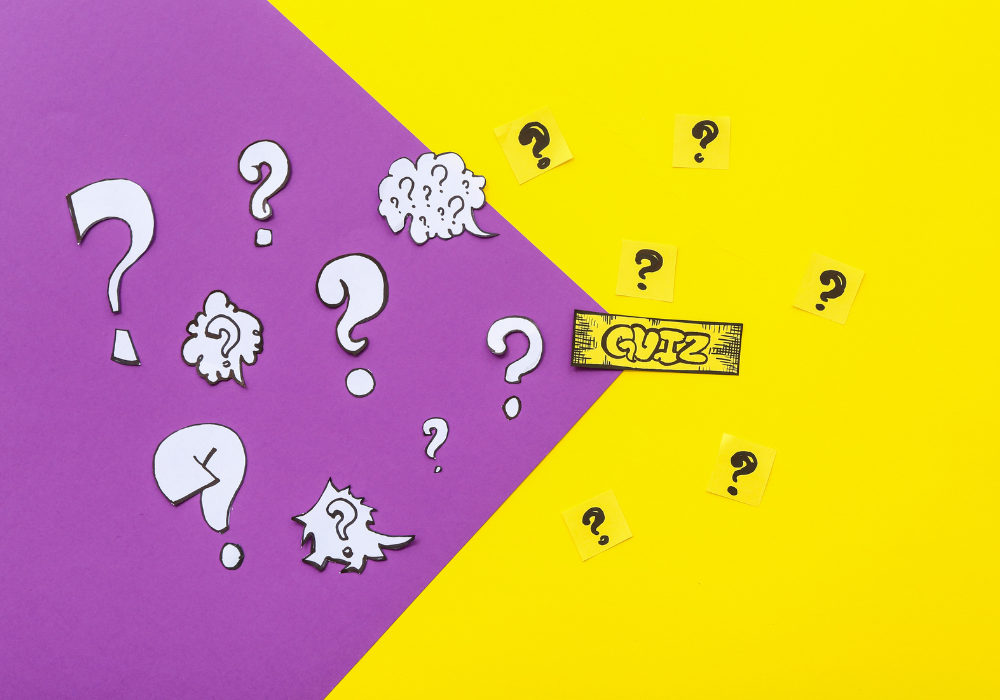
Quiz-Quiz-Trade
Vocabulary
Building word knowledge and conceptual understanding using key vocabulary
View →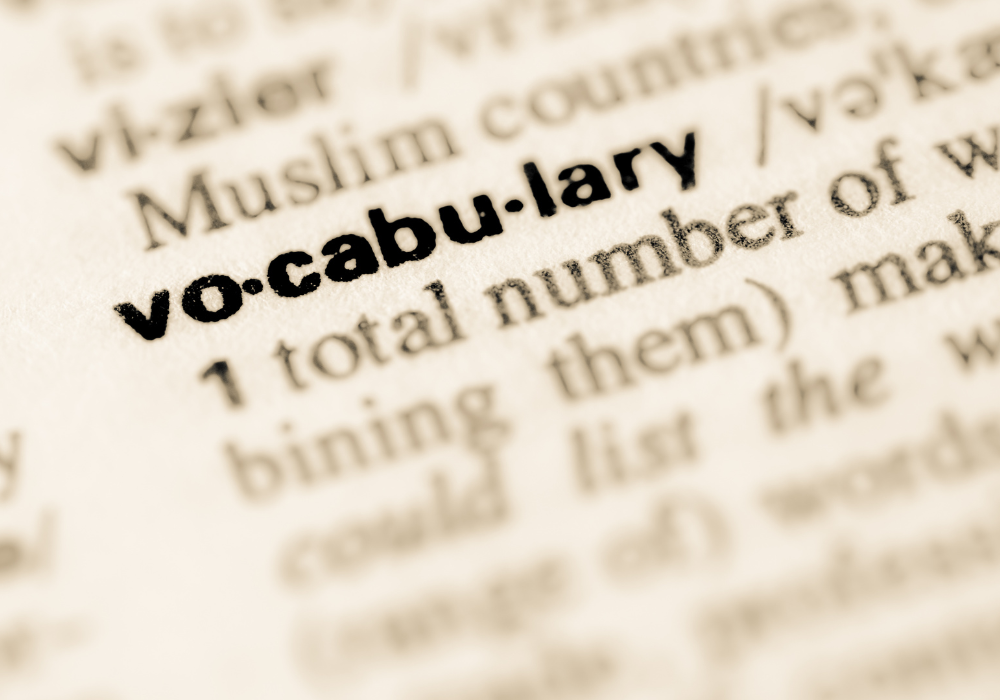
Root Word Challenge
Vocabulary
Building word knowledge and conceptual understanding using key vocabulary
View →
Shades of Meaning
Vocabulary
Building word knowledge and conceptual understanding using key vocabulary
View →
Silly Sentences
Vocabulary
Creating a silly sentence while using a new vocabulary word correctly is a fun and social way for students to have memorable experiences with new vocabulary.
View →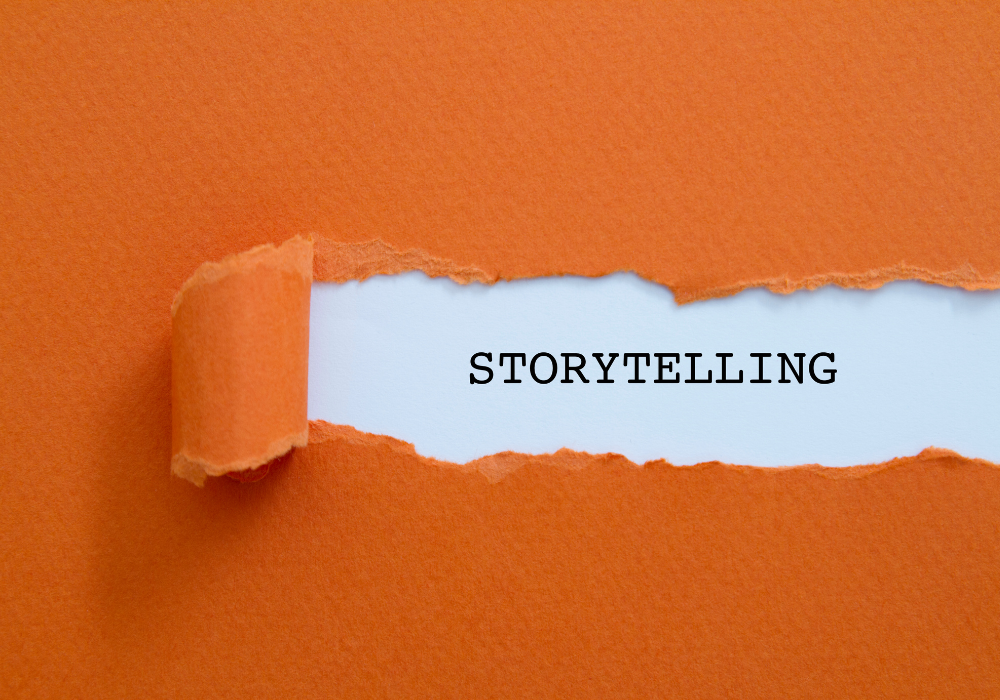
Storytelling with Vocabulary
Vocabulary
Building word knowledge and conceptual understanding using key vocabulary
View →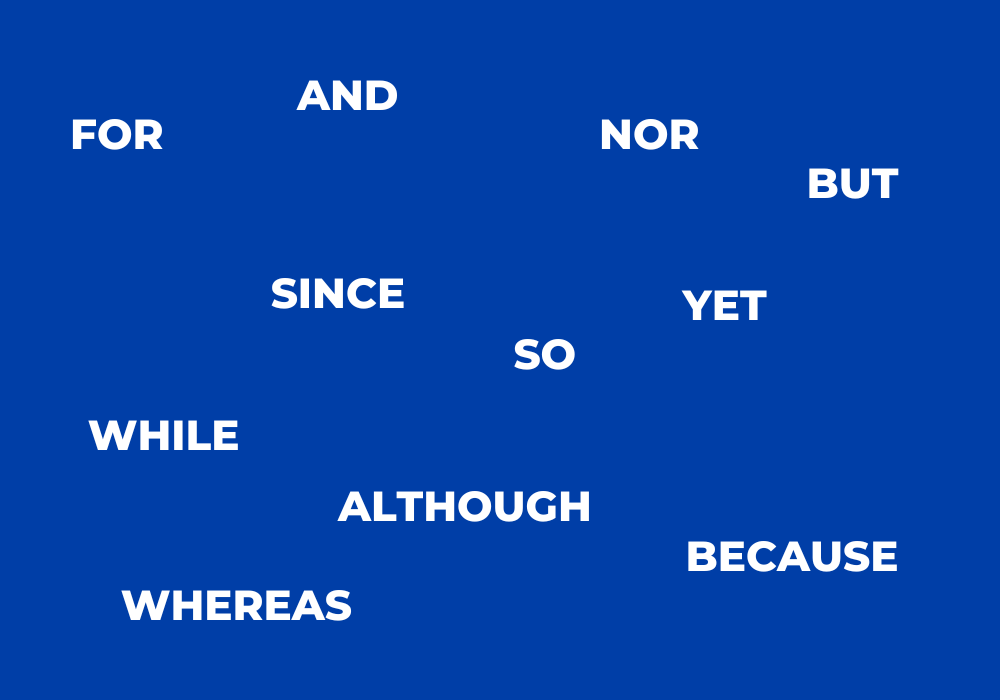
Using Conjunctions to Compare & Contrast
Vocabulary
Vocabulary development through articulating relationships between words and concepts
View →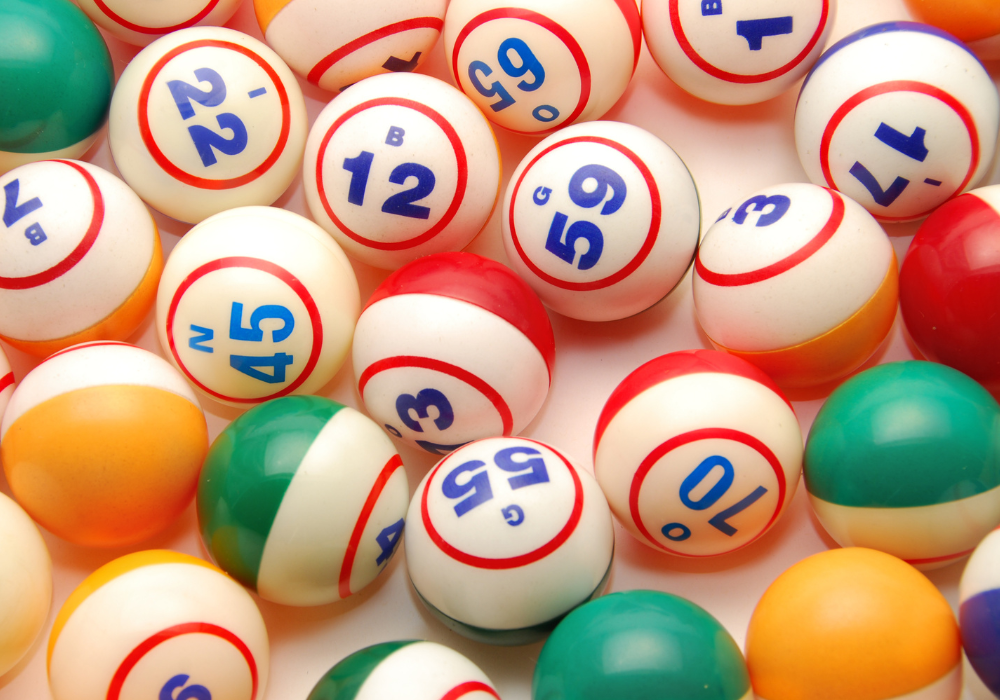
Vocabulary BINGO
Vocabulary
Building word knowledge and conceptual understanding using key vocabulary
View →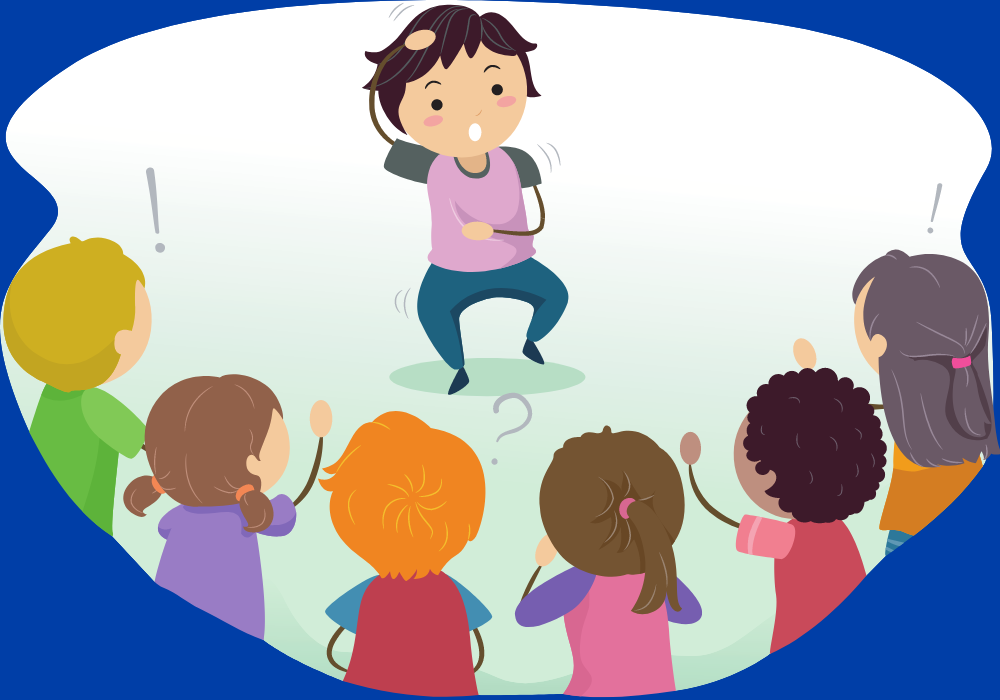
Vocabulary Charades
Vocabulary
Building word knowledge and conceptual understanding using key vocabulary
View →
Vocabulary Hot Seat
Vocabulary
Building word knowledge and conceptual understanding using key vocabulary
View →
Vocabulary Memory Match
Vocabulary
Building word knowledge and conceptual understanding using key vocabulary
View →
Vocabulary Timeline
Vocabulary
Building word knowledge and conceptual understanding using key vocabulary
View →.png)
Word Mapping
Vocabulary
Students will explore a key conceptual term that will help them deepen their exploration and interpretation of the reading selection.
View →
Word Sort
Vocabulary
Building word knowledge and conceptual understanding using key vocabulary
View →
Word Toss + Definition
Vocabulary
Building word knowledge and conceptual understanding using key vocabulary
View →Culture + Community + Collaboration
.png)
Fishbowl
Culture + Community + Collaboration
A variation on Socratic Discussions, in which students take turns participating in and observing rigorous inquiry-based discussion.
View →
Harkness Discussion
Culture + Community + Collaboration
A method for implementing student-led class discussion that incorporates student-formulated questions and responses.
View →
I Like, I Wish, I Wonder
Culture + Community + Collaboration
Creating a nurturing learning community.
View →
Socratic Discussion
Culture + Community + Collaboration
Rigorous dialogue to help students develop a deeper understanding of complex topics and build communication, collaboration, and critical thinking skills.
View →
Think-Pair-Share
Culture + Community + Collaboration
Build relationships, knowledge, and engagement through sharing responses to a prompt.
View →Background Knowledge + Overview

Quick Journal
Background Knowledge + Overview
Pre-reading, post-reading, reflection or skill introduction activity
View →



